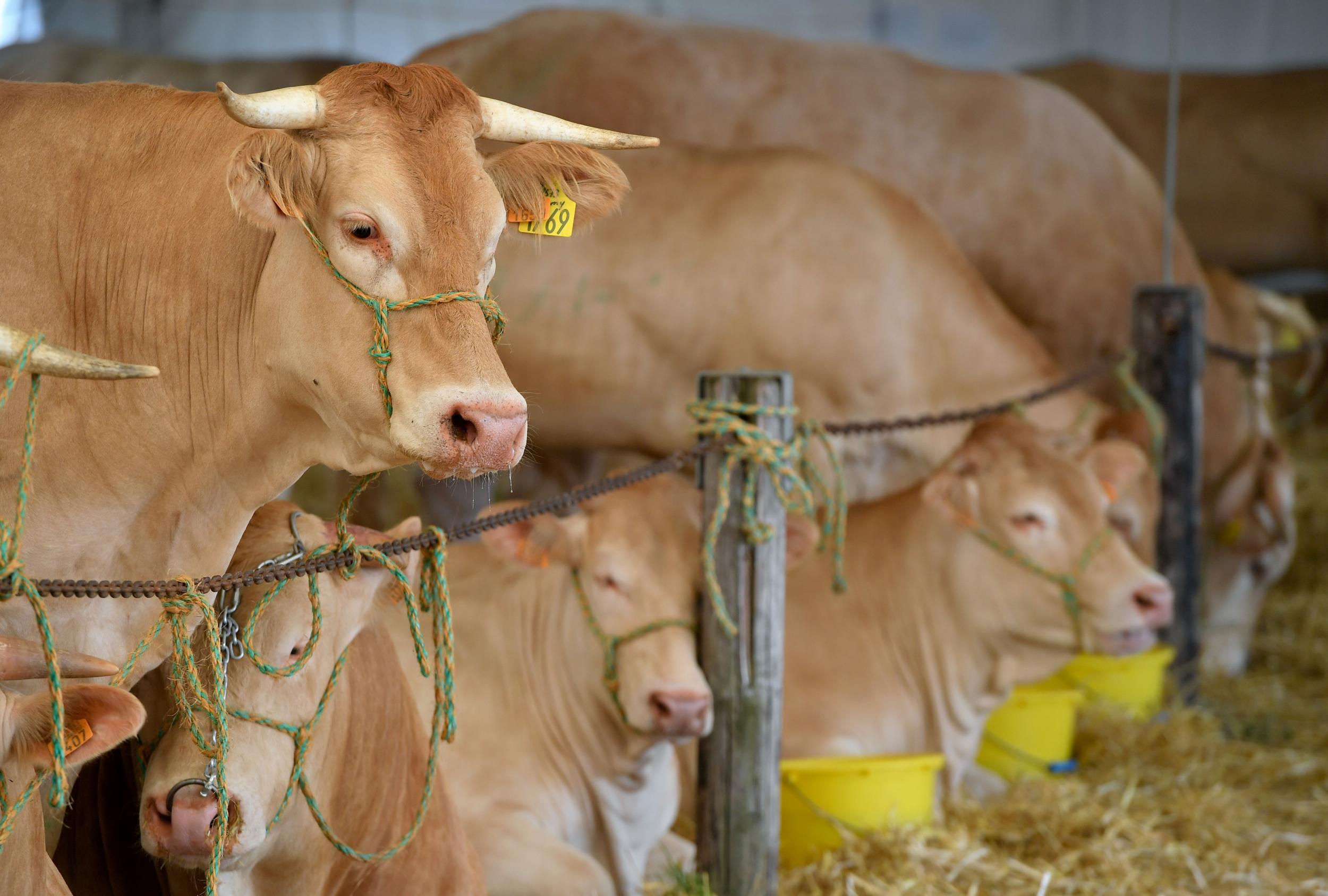Belgian region of Wallonia vows to block another EU trade deal, in unsubtle Brexit foreshadowing
EU-Mercosur deal in trouble, following Wallonia’s previous rejection of EU-Canada deal

Your support helps us to tell the story
From reproductive rights to climate change to Big Tech, The Independent is on the ground when the story is developing. Whether it's investigating the financials of Elon Musk's pro-Trump PAC or producing our latest documentary, 'The A Word', which shines a light on the American women fighting for reproductive rights, we know how important it is to parse out the facts from the messaging.
At such a critical moment in US history, we need reporters on the ground. Your donation allows us to keep sending journalists to speak to both sides of the story.
The Independent is trusted by Americans across the entire political spectrum. And unlike many other quality news outlets, we choose not to lock Americans out of our reporting and analysis with paywalls. We believe quality journalism should be available to everyone, paid for by those who can afford it.
Your support makes all the difference.The Belgian region of Wallonia has vowed to block an EU trade deal with South America, foreshadowing the kind of barriers Britain will face as it tries to secure a quick agreement with the bloc.
Elio Di Rupo, Wallonia’s minister-president, said his administration, which took office in September, is against the EU-Mercosur deal, which negotiators struck in June last year.
“We are completely opposed, in the current state, to this treaty. For the Walloon government, it is no!” Mr Di Rupo, a centre-left social democrat told Belgian broadcaster RTBF.
Wallonia, which under the Belgian constitution gets to sign off any trade deals the national government does, notoriously rejected and held up the EU-Canada trade deal CETA after its parliament voted against it, only later relenting when concessions were made.
Mr Di Rupo said Wallonia, which is Belgium’s largely French-speaking region, would not accept the EU-Merosur deal unless South American producers were made to sign up to EU rules – as the bloc is asking Britain to do.
“We are for international trade but not under any conditions. We want environmental, social and health compliance criteria, valid at European level and in Belgium, to apply also to these countries,” he said.
The regional leader in particular raised objections to regulations on the meat imports. Britain hopes to secure a simultaneous trade deal with the US while it negotiates with the EU, and food exports are one of the main asks of American trade negotiators. The issue is likely to become a sticking point in UK-EU talks if Britain wishes to keep its markets open to American beef.
“There will be chemicals and antibiotics, while our European rules are strict. We ask that the rules, in the Mercosur countries, be the same as the European rules,” Mr Di Rupo said. “We have our objectives, our realities, and we want to defend Walloon beef.”
In the case of the Canada agreement, Wallonia only agreed to the deal after stronger safeguards on labour, environmental and consumer standards were offered.
EU trade deals that cover policy areas not solely reserved to Brussels have to be voted on by national parliaments, and sometimes regional parliaments, depending on the constitution of each member state.
These “mixed” deals can be a political minefield because each country and region has its own producer interests to think of before signing.
The more substantial a trade deal is, the more likely it is to cross beyond EU competencies and require signatures by individual member states. Deals that involve cross-border trade in services – as the UK has said it wants – are very likely to be mixed agreements and therefore subject to national parliaments’ votes.
Boris Johnson has vowed to secure a trade deal with the EU by the end of 2020 and said he will not extend the Brexit transition period beyond 31 December this year. If no deal is secured by the end of the transition the UK will face major trade barriers and have to trade on WTO rules with the EU.
Join our commenting forum
Join thought-provoking conversations, follow other Independent readers and see their replies
Comments